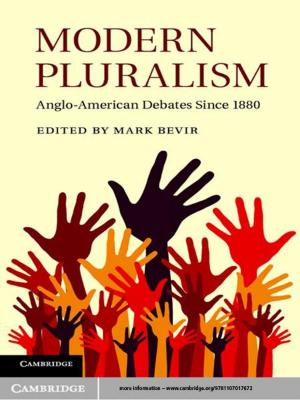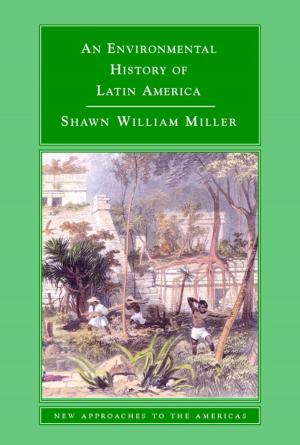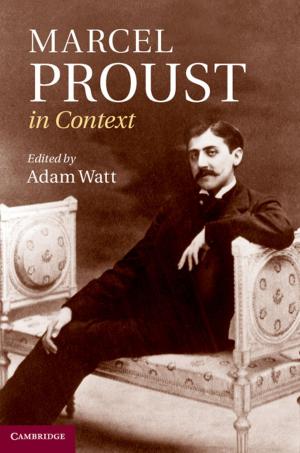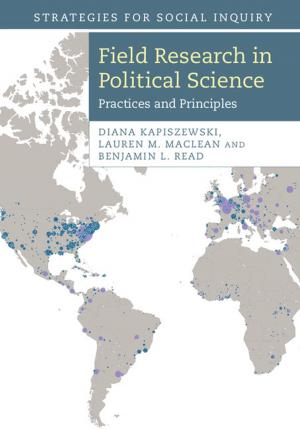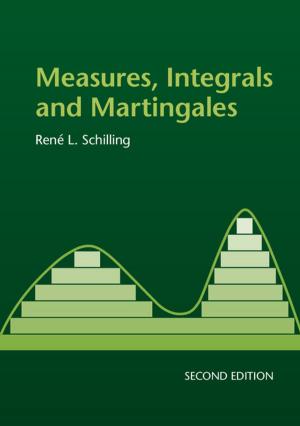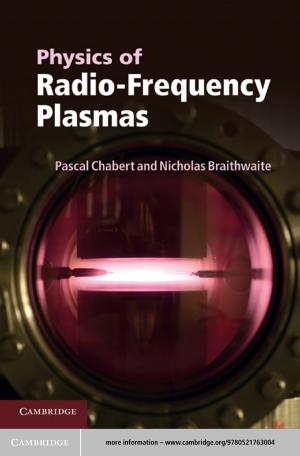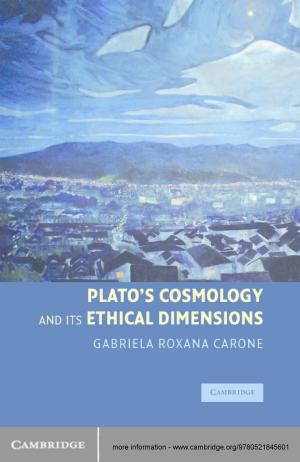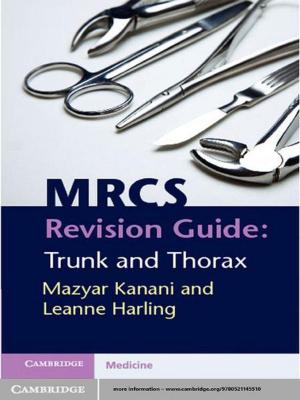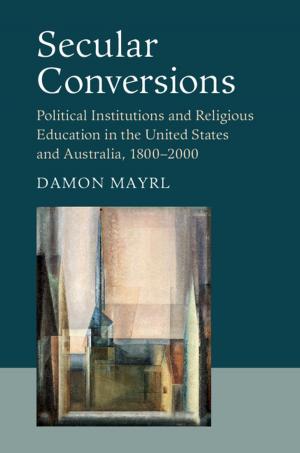Morphosyntactic Change
A Comparative Study of Particles and Prefixes
Nonfiction, Reference & Language, Language Arts, Linguistics| Author: | Bettelou Los, Corrien Blom, Geert Booij, Marion Elenbaas, Ans van Kemenade | ISBN: | 9781139411455 |
| Publisher: | Cambridge University Press | Publication: | May 3, 2012 |
| Imprint: | Cambridge University Press | Language: | English |
| Author: | Bettelou Los, Corrien Blom, Geert Booij, Marion Elenbaas, Ans van Kemenade |
| ISBN: | 9781139411455 |
| Publisher: | Cambridge University Press |
| Publication: | May 3, 2012 |
| Imprint: | Cambridge University Press |
| Language: | English |
Particle verbs (combinations of two words but lexical units) are a notorious problem in linguistics. Is a particle verb like look up one word or two? It has its own entry in dictionaries, as if it is one word, but look and up can be split up in a sentence: we can say He looked the information up and He looked up the information. But why can't we say He looked up it? In English look and up can only be separated by a direct object, but in Dutch the two parts can be separated over a much longer distance. How did such hybrid verbs arise and how do they function? How can we make sense of them in modern theories of language structure? This book sets out to answer these and other questions, explaining how these verbs fit into the grammatical systems of English and Dutch.
Particle verbs (combinations of two words but lexical units) are a notorious problem in linguistics. Is a particle verb like look up one word or two? It has its own entry in dictionaries, as if it is one word, but look and up can be split up in a sentence: we can say He looked the information up and He looked up the information. But why can't we say He looked up it? In English look and up can only be separated by a direct object, but in Dutch the two parts can be separated over a much longer distance. How did such hybrid verbs arise and how do they function? How can we make sense of them in modern theories of language structure? This book sets out to answer these and other questions, explaining how these verbs fit into the grammatical systems of English and Dutch.

